18 Nutrition Risks of the Keto Diet
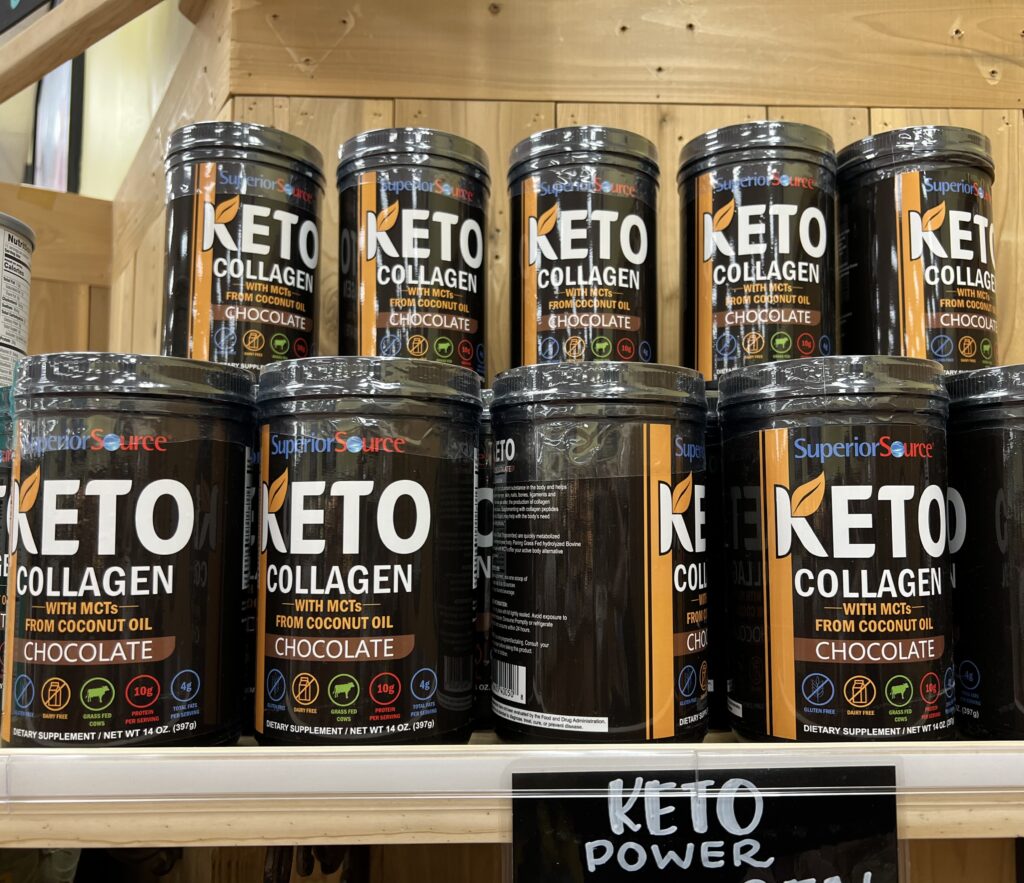
Is the popular keto diet safe, sustainable, or realistic? Stay informed and learn about 18 major risks of the keto diet from top nutrition experts.
If you follow me, you probably know that I’m not a fan of the keto diet. Here’s what I have to say about this fad diet in a recent blog. The diet is very difficult to follow, and leaves out many healthful foods that we know can help you live a long, vibrant life. And even though you can lose weight on this diet, it is not a healthful eating style for the long term. I asked some top registered dietitian nutritionists to weigh in on why the keto diet isn’t a good choice. Read on for these compelling reasons to just say no to Keto.
18 Nutrition Risks of the Keto Diet

1. It’s Low in Fiber. “Without adequate amounts of high fiber fruits, veggies, and whole grains, you will end up being constipated. Have you ever met a chronically constipated person who is happy?” says Joan Salge Blake, EdD, RDN, host of the podcast Spot On.
2. It May Result in Long Term Failure. “My clients were mostly troubled with how fast the weight they lost returned after the keto diet. An extreme low carb diet set them up for quick rebound weight gain, leaving them with a post diet depression, and the feelings that another extreme diet resulted in failure. Clients often take these feelings personally, like it was a failure on their part, not the diet’s,” says Jen McDaniel, RDN of McDaniel Nutrition Therapy. “Having practiced as a nutrition educator for over 30 years, I’ve yet to see one of these over-restrictive diet trends stick. How often have registered dietitians heard ‘I followed this diet, and it worked for a while, but…,’” says Hillary Wright, Med, RDN Author of The Prediabetes Diet Plan.
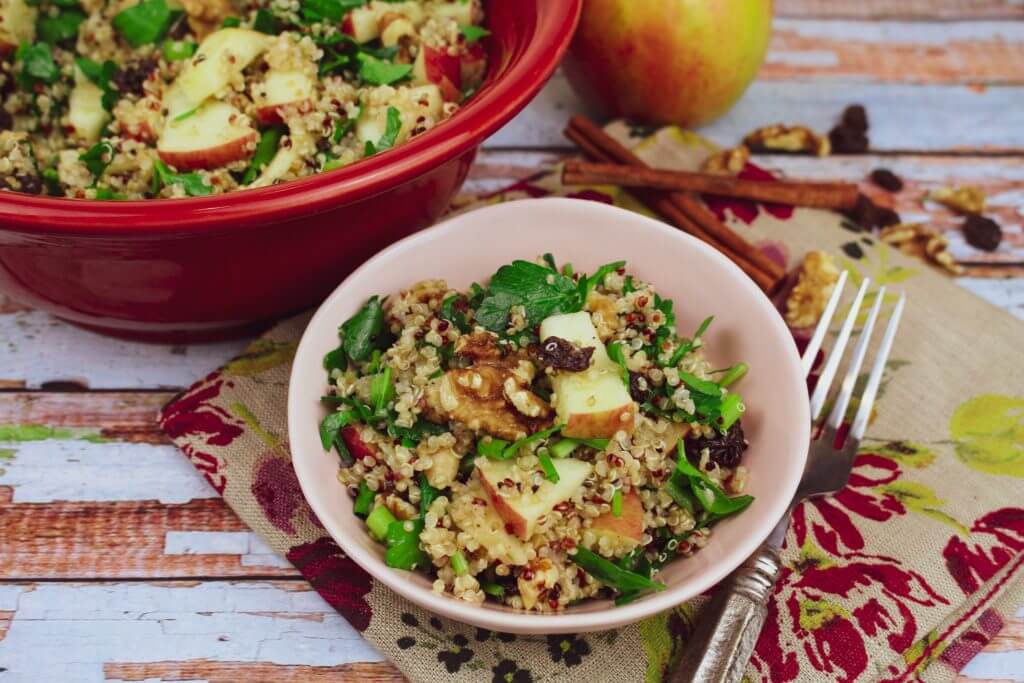
3. It Is Not a Fertility Diet. “I’m on my soapbox about this lately, but a lot of women are going on the keto diet to lose weight before pregnancy. Keto is extremely low in micronutrients, exactly what the baby needs most of in the first trimester. It may be putting the health of your child at risk! I recommend stopping at least 3-6 months before trying to conceive and take a good prenatal if there’s any chance you may become pregnant,” says Melissa Groves, RDN, LD, of Avocado Grove Nutrition.
4. It Is Not a Sustainable Diet. “Like any other fad diet, it’s not sustainable long-term. If a diet promotes behaviors that you can’t feasibly incorporate into your daily life forever, it sets you up for failure,” says Sarah Marjoram, RDN of Nourish. “The risk for relapse is high. I see a lot of clients for weight loss and they experience, ‘diet, cheat, repent, repeat’ with the keto diet. This leads to more weight regained because it’s not sustainable,” says Lisa Andrews, RDN of Sound Bites Nutrition.
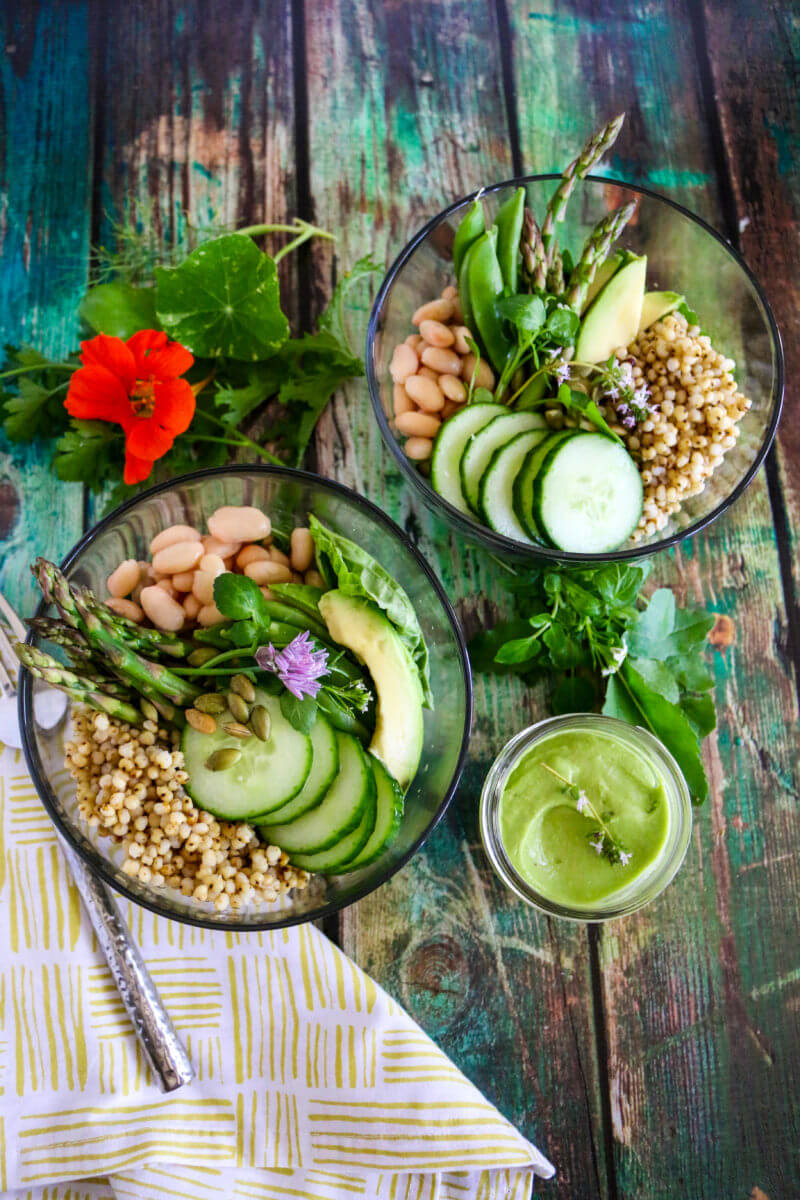
5. It Doesn’t Put the Earth First. “Not only is the keto diet difficult to sustain as a diet, but it is also not sustainable for the planet. To combat climate change, scientists, environmental and many government organizations alike suggest we need to significantly reduce our meat consumption. This is not in line with the typical keto diet, which relies heavily on meat. In a recent article published in the Lancet, researchers recommended that we slash our meat consumption by more than 50% and double our consumption of fruits, vegetables and plant-based proteins,” says Jessica Spiro, RD.
6. It Doesn’t Consider Individuality. “Simply put, we are all unique individuals, as defined by our genomic blueprint. Out genes and their variants determine how well you tolerate different nutrients. Your genes objectively direct nutrient information in the body and are only interested in a unique formulation of nutrients that works for you as an individual. This being the case, some can tolerate higher ratios of fat versus others. While the outward manifestation of a keto diet may equate to weight loss for some individuals, for others that initial weight loss may be accompanied by dangerous levels of biomarkers that are not healthy. Your genes don’t care about a diet. They care about how to create balance in your body. A keto diet or any other random manipulation of nutrients without relevant clinical evaluation is simply guessing. And we don’t want to guess about health. Simply put, what works for one person may not for another,” says Amanda Archibald, RD of The Genomic Kitchen.
7. It Encourages Binge Eating. “When a person following Keto allows themselves to eat bread, sugar, and other forbidden foods, it can turn into a binge eating food frenzy. They have denied themselves those foods for so long and then feel guilty for overeating. They then begin restricting again and the cycle starts all over,” says Kylee Pedrosa, MS, RD.
8. It Lacks Research. “There is no long-term research to support its benefits. The high amounts of protein and fat without any fiber-containing foods to help balance it out has shown to put increased strain on our hearts,” says Dani Sindelar, RD, CDE, LN of Ladybug Nutrition.
9. It’s Just a Pit Stop. “I think the original Keto diet is great for kids with epilepsy. Just like the gluten-free diet, if it’s not necessary medically just don’t do it. You want to focus on change that will last a life time. And just like any other fad diet, this is just a pit stop.” says Jaymar Saniatan, RD of Nutrition Phitness.

10. It Is an Extreme Diet. “It was designed as a medical intervention, not as a diet. It is so extreme that when done in a true fashion (hitting only <50g CHO/day) it can be incredibly dangerous for a number of reasons, including salt and other electrolyte imbalances; nutrient deficiencies; and heart arrhythmias that are reported in treatment. I think keto has been glamourized, but we don’t know long-term how such a high fat diet (it’s not high protein) and the choices that someone makes to fill their fat requirements affects their health. The biggest thing is that extreme diets are not what people need to lose weight, despite most thinking that is the case. Slow and balanced lifestyle approaches will be the key to success if people are patient enough to wait out the process and challenge themselves with habit and behavioral changes,” says Chelsea Cross, RD, MAN, BSc. of MC Dietetics.
11. It Adds to Nutrition Confusion. “It adds to nutrition confusion. Instead of looking at foods for their micronutrient profile, we’re singling food out based on a very limited criterion. This only makes people more and more confused about what is healthy and what isn’t, and often mislabels very nutritious foods. For example, bananas aren’t recommended, and thus commonly will be labeled “bad” when, in fact, they are a very nutritious food and may be recommended for certain individuals and conditions,” says Alyssa Ashmore, MS, RDN, CSSD, LD.
12. It Doesn’t Help Performance. “While ketogenic diets are helpful for children with epilepsy when medically supervised, they are often touted as a great way to boost athletic performance. In fact, study after study shows that there is no increase in athletic performance. Often athletes have either the same performance but feel worse, or their performance decreases. Our muscles and brain need carbohydrate to perform well,” says Marisa Michael, MSc, RDN, LD, IOC of Real Nutrition LLC.
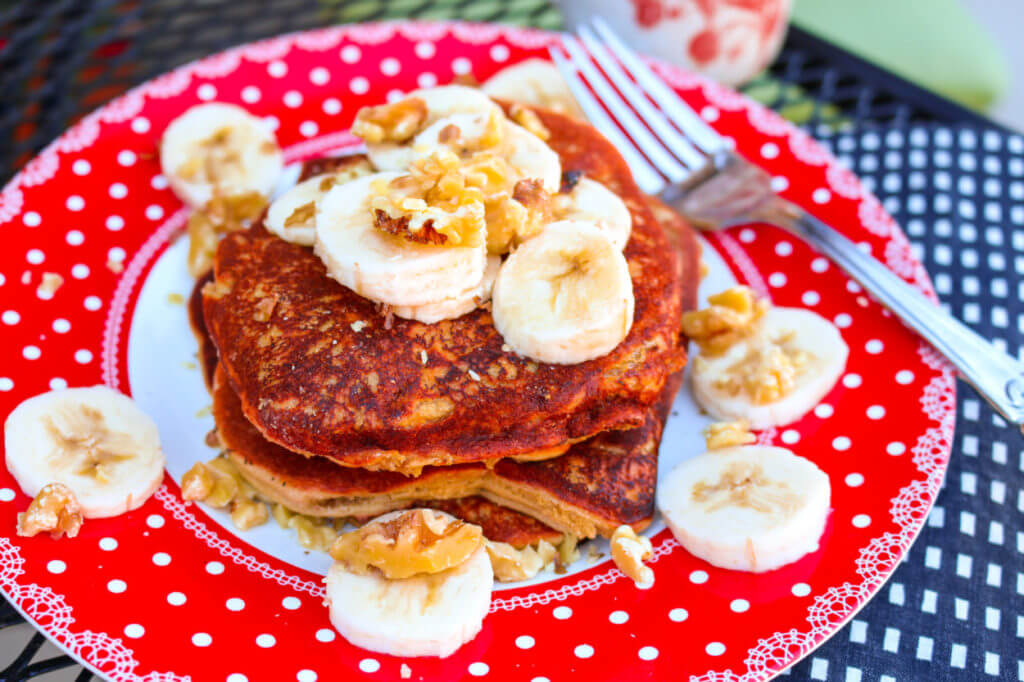
13. It Doesn’t Support Good Role Modeling. “As a mom, I want to consistently model a healthy relationship with food and healthful lifestyle habits. While keto may be medically necessary for a few kids or individuals, I am concerned what messages it sends to kids when they watch a mom or dad follow this eating pattern for weight loss purposes. Due to the very limited intake of fruits, vegetables and all the benefits of vitamins, minerals, antioxidants and fiber, I don’t see keto as a healthful family eating plan. This then contributes to making several meals nightly and possibly developing other less healthful eating habits due to the amount of time and energy required to feed an entire family,” says Jennifer Hunt, RDN, LD of Healthy Inspiration.
14. It Doesn’t Promote Social Interaction. “I would want someone considering the ketogenic diet to consider what it means they will be missing. No birthday cake, no trips to the ice cream shop, no popcorn on movie night. All of these things not only fit into a healthy, balanced diet but are also are part of how we commune with each other. So, strictly following the keto diet can lead to social exclusion and feelings of disappointment. I think this is especially important when the person following the diet is part of a family unit, as other members of the family may wonder why he/she isn’t participating in the eating event and when kids are involved, they may begin to think there is something wrong with enjoying those foods because the adult is restricting him/herself from them,” says Diana K. Rice, RD of The Baby Steps Dietitian.
15. It May Increase Heart Risks. “I recently worked with a client on the Keto diet whose total cholesterol was over 400. Their LDL was in the 320s. In this case, the benefits do not outweigh the risks, in my opinion,” says Jamie Shifley, MS, RDN, LDN.
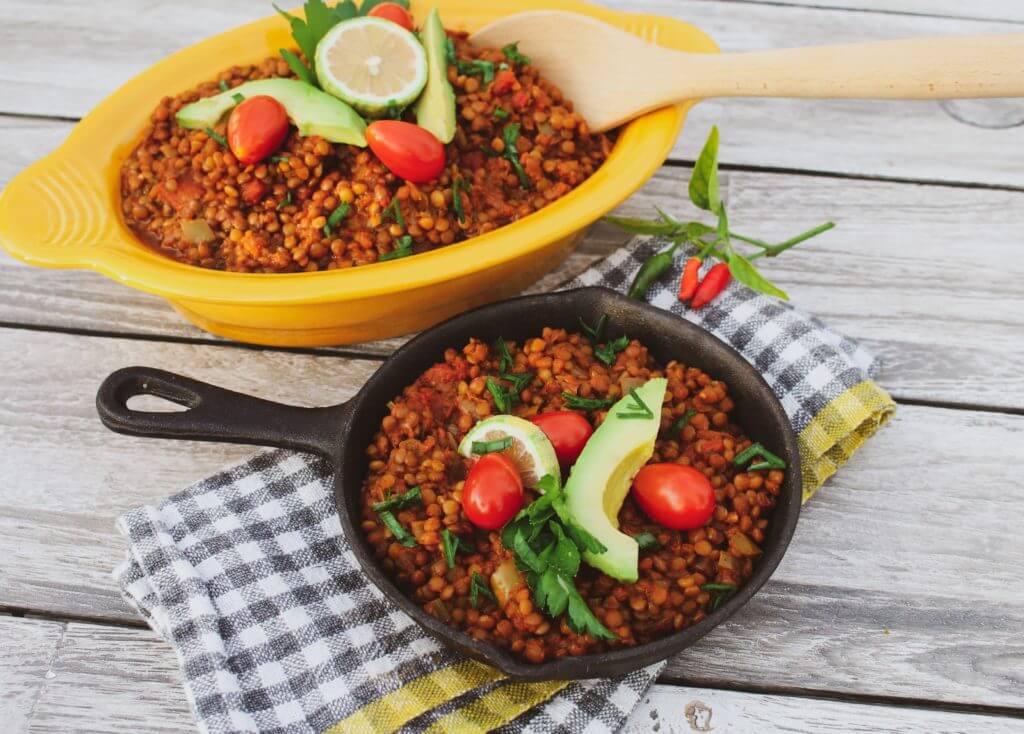
16. It Doesn’t Feed Your Gut Bacteria. “With emerging research on the diversity of our gut microbiome and it’s relation to mental health, I would say that the combo of lack of fiber to feed the gut bacteria plus the extreme food restriction could lead to some very unhappy people,” says Lauren Harris-Pincus, RDN of Nutrition Starring YOU. “My main objection is that the keto diet starves the gut microbiome, which requires a variety of fibers and starch, including resistant starch found in potatoes, bananas, beans, and rice, to thrive. Gut health directs overall health, so avoiding carbohydrates has negative consequences, in the short- and long term,” says Elizabeth Ward, MS, RD, of Better is the New Perfect. “As we learn more about the gut microbiome and how it is tied to our weight, physical and emotional well-being, we need to consider the effects of what we eat on it. Research has shown that eliminating quality carbohydrates and increasing protein from animal sources high in saturated fat negatively affects the gut microbiome,” says Lisa Garcia, MS, RDN, LD of Food Coach For Me.
17. It Restricts Important Food Groups. “The keto diet is a bad idea, as it eliminates or limits some of the healthiest foods—fruits, vegetables, and whole grains. Not only are we drastically limiting 3 food groups, we are also cutting out nutrients vital to good health—including fiber and antioxidants. For children with epilepsy, it’s worth a try, but for weight loss or everyday living, it is too restrictive, unsustainable for the long haul, and not healthy,” says Lisa Young, PhD, RDN, Author of Finally Full, Finally Slim.
18. It Doesn’t Fight Disease. “It breaks my nutritionist heart to see so many people giving up carb-rich foods that we know are disease-fighters. All those plant foods – lentils, beans, whole grains, fruits, vegetables and even nuts have carbohydrates. And along with those carbohydrates they give us a host of dietary fibers, prebiotics and thousands of phytonutrients that work together in the body to feed the healthy gut bacteria, reduce inflammation, act as antioxidants and so much more. Lots of times people say they can just take a fiber supplement. But that won’t do it. There are lots of types of fiber and they have different functions. Some are soluble, some are insoluble and some are fermentable. And still others are prebiotics, which feed specific healthy gut bacteria and offer us health benefits. And fiber supplements don’t come with the other nutrients and phytonutrients present in carb-containing foods,” says Jill Weisenberger, MS, RDN, CDE, CHWC, FAND of Food and Nutrition by Jill.
For some of my other favorite nutritionists’ tips, check out these blogs:
Top 9 Dietitian’s Tips for Enjoying Processed Tomatoes
18 Non-Diet Tips for Healthy Eating from Top Nutritionists
5 Dietitian Tips for Fueling Fitness with Plants



Sharon,
This is a helpful article, thank you. I was wondering if you have written about this idea before? What do you say to someone when they tell you that they are following the keto diet? One friend tells me that gluten (she has gone keto) makes her joints hurt. Another friend tells me that she is a keto vegetarian. (truly, I don’t know what she eats.) My mom always told me to mind my own business so I really have to clamp down on my responses. I could use some pointers!
Thanks,
Libby fife
Hi Libby, great question! You can read more about my thoughts in this blog: https://sharonpalmer.com/ask-sharon-should-i-try-a-keto-diet/